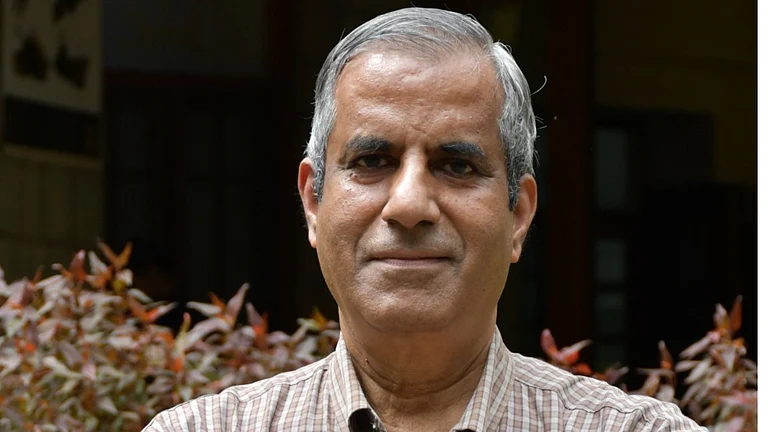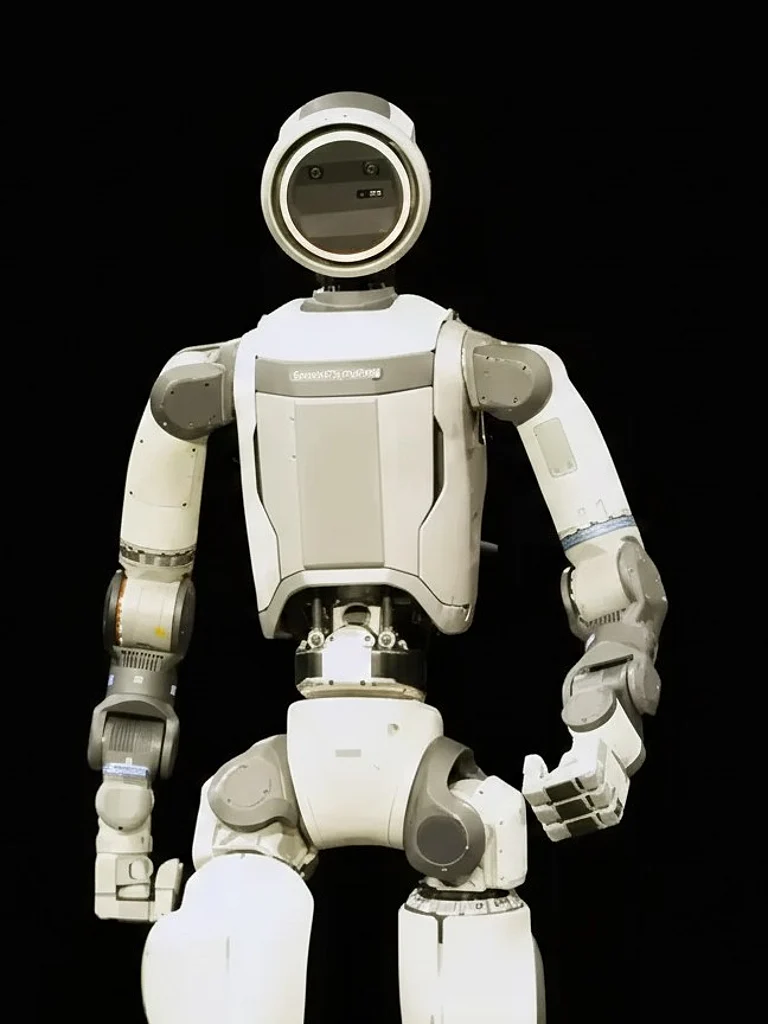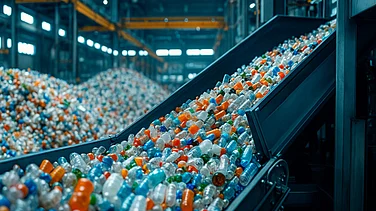Predominantly the kitchens at home or commercial are generating food waste, which ends up in landmass, leading to carbon footprint. The FSSAI report identifies one third of food produced is wasted or spoilt before eaten, while the UNEP Food Wastage Index quantifies the wastage to be around 50 kg/person/annum. The cumulative effect of food waste on the environment is significantly around 8~10 percent of worldwide carbon emissions, or 3.3 billion tonnes of greenhouse gases discharged annually.
Most of the food businesses, approximately 70 percent in QSR or FSR or Cloud Kitchen, wind up in a year, and the another 20 percent within 5 years of operation. Successful businesses shrewd enough of managing the food cost and manpower costs. The two major cost components of the revenue cycle and they leverage latest technological developments, be it standardising the ingredients and automating to control the costs. Besides the food waste costs 10 percent to 40 percent of food cost and the businesses are adapting innovative ways to reduce the food waste cost to improve the bottom line.
Problems
While the environmental impact is significant, there are a variety of initiatives, like recycling the food waste to compost manure for the plantation to SOP-driven businesses for controlling the food production and estimating the food demand, thus reducing the waste. The food waste management adds up to significant handling costs as well. A SOP-driven, well-managed food business would be shrewd enough to manage the food waste. However, many of the food businesses are struggling to estimate the demand and end up mismanaging the food waste and thus their profitability.
Solution
There are various strategies adopted to prevent or reduce food waste. Recycling the waste post-production or controlling the production to prevent the waste are the major initiatives we can weigh in, while the former carries significant additional costs to the producer. Controlling the food production at the kitchen at the optimum level to prevent the wastage to an extent would be ideal and the technology for automation of kitchen shall aid in to meet the needs.
The robotic kitchen automation business is gaining ground with a current market size of 2.1B$ globally and is estimated to grow at 15 percent CAGR to reach 5.8B$ annually by 2028.
The key drivers include increased demand for automation of home and commercial kitchens and advancements in AI and robotics. We will see exponential growth when prices are adaptable to the mass market as the innovation drives the product and manufacturing costs down gradually.
The robotics chef is the Chef’s twin in the town with increased efficiency in the repetitive processes, while AI shall adapt and learn to the creative skills of the chef and mature on the go. This robotic chef is based on robotics and a cloud-enabled fully automated system where the recipes shall be programmed centrally, iterated, and standardised by the corporate chef before being downloaded to the business location, where the recipe shall be commanded by any unskilled staff to maintain consistency of the taste. The AI and robotics shall forecast and memorise the demand to provide a fair algorithm for optimal production, thus preventing and controlling the food waste.
Preventing or recycling as waste reduction techniques, the benefits of reducing Food Waste are,
Environmental Impact: Lower methane emissions from landfills and reduced demand for food production, which lessens deforestation and biodiversity loss.
Economic Savings: Lower costs for businesses and consumers by optimising food use and reducing waste disposal expenses.
Social Benefits: Increased food security and support for vulnerable populations through food donation programmes.
(Sathesh kumar S is the Founder of KitoSys.)


























